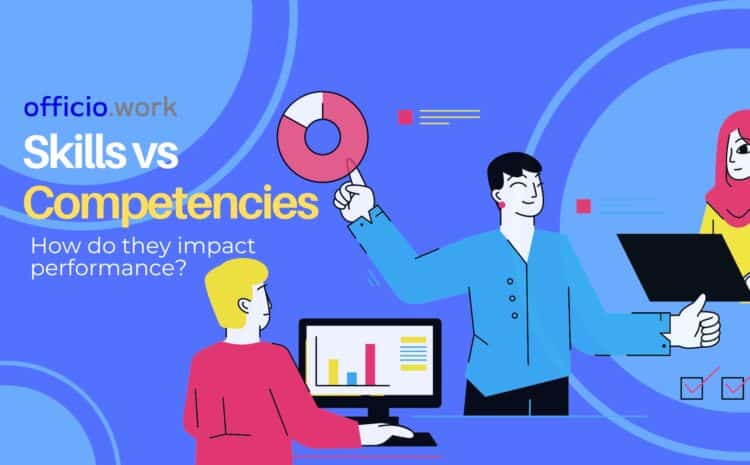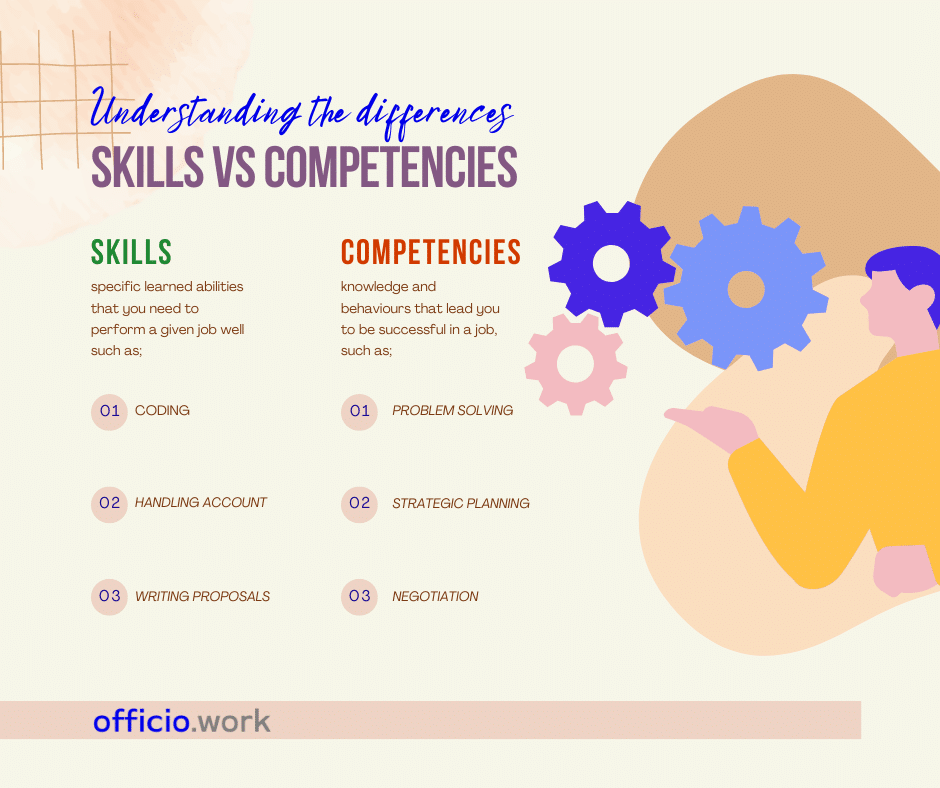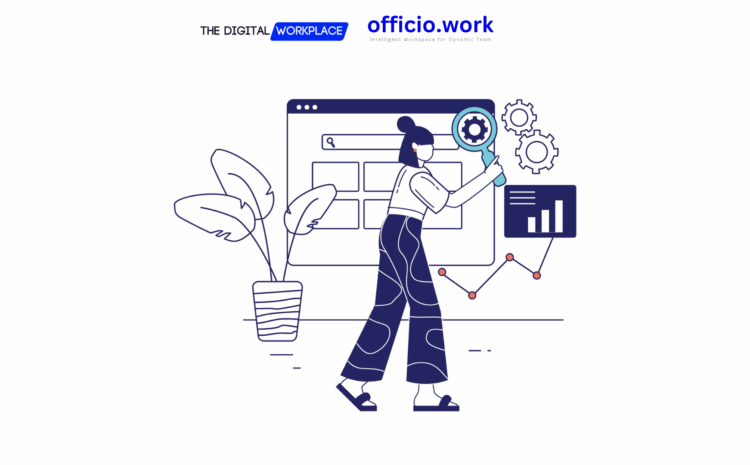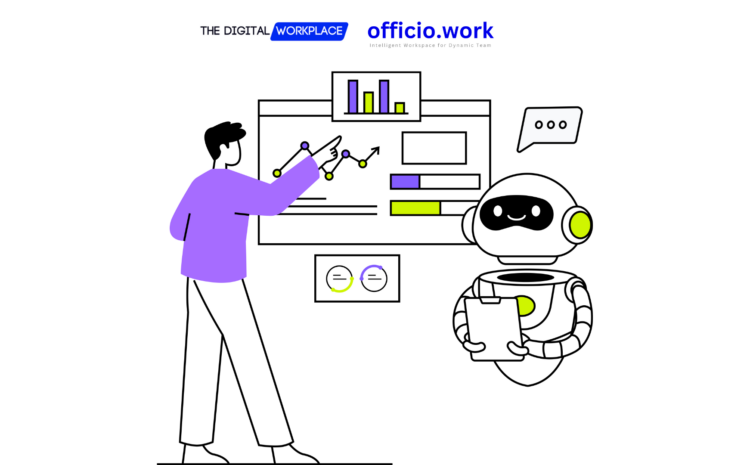
Skills and competencies are often used interchangeably, but they actually have slightly different meanings. Understanding the difference between skills and competencies can make it easier to monitor performance in a more comprehensive and meaningful way.
What does ‘skills’ mean?
Skills refer to specific abilities that can be learned and developed through practice and training. Examples of skills include things like writing, programming, public speaking, and playing an instrument.

Competencies, on the other hand, refer to the behaviors and attributes that enable someone to perform a task successfully. Competencies can include a combination of skills, knowledge, attitudes, and values. For example, a competency for a project manager might include the ability to communicate effectively, collaborate with team members, and manage timelines and budgets.
Why it is important to be able to differentiate between both?
By understanding the difference between skills and competencies, managers can monitor performance in a more holistic way, taking into account both the technical abilities and the behavioral qualities that are required for success in a particular role. This can help managers identify strengths and weaknesses more accurately, provide targeted feedback for improvement, and develop individualized plans for professional development.
This awareness can help to promote productivity by recognizing the importance of both skills and competencies for facilitating a productive work environment.
For example, skills may include technical abilities, such as proficiency with certain software, while competencies may include qualities such as problem-solving, communication, and teamwork. By understanding the need for both, employers can create roles that accommodate both areas and create an effective flexible working arrangement.
Shared Understanding
Having a shared understanding of the qualifications and capabilities needed for a particular job or activity can help make sure that both employers and employees are on the same wavelength. This will minimize misunderstandings and help employees stay focused on the right assignments, leading to increased efficiency.
Performance Management
Performance management is a process that helps employers to evaluate and manage the performance of their employees. It involves distinguishing between skills and abilities, and then tracking and assessing how those skills and abilities are used in the workplace.
Employers can use training and other forms of professional development to develop skills, and then observe how those skills are being utilized by employees. This will enable them to accurately measure employee performance and make necessary adjustments to ensure effectiveness.
Flexibility in hiring
Flexibility in hiring means that employers are looking for people with potential to learn, rather than just focusing on those who have the exact skillset for the role. They evaluate potential candidates based on their ability to learn and grow, as well as their current skills. This allows them to create a workforce that can handle a variety of tasks and can adjust to changing demands.
Employers and employees can gain a better understanding of how to manage performance by investigating the distinction between skills and competencies.
Overall, understanding the distinction between skills and competencies can also help to set clear expectations and support effective performance management, resulting in a more productive and efficient workforce.





